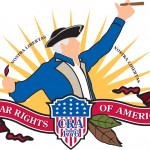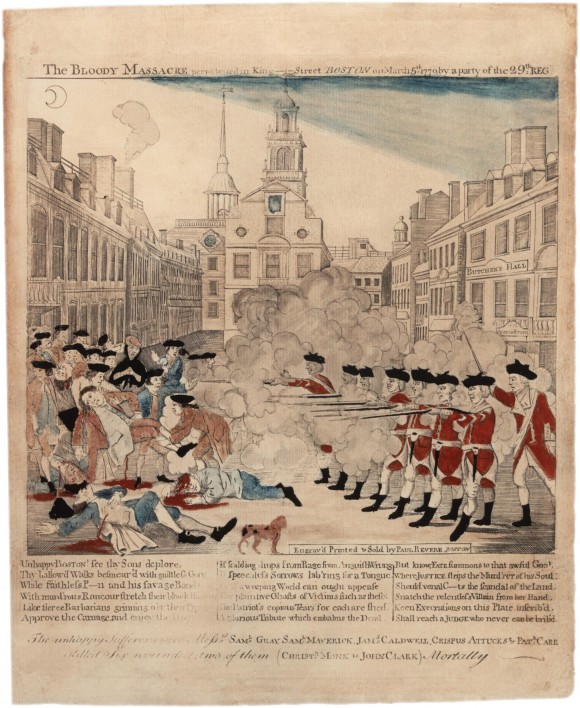If you are a a member of a country club, a politician, or simply a fan of a fine cigar, then you should probably consider joining the grassroots organization ‘CRA- Cigar Rights of America. CRA immediately brings you into the American cigar culture; upon reaching their homepage you are greeted with rolling tickers of those who endorse the movement and the petitions sent to Congress to remove cigars from FDA regulation. Right away you are exposed to the strong rhetoric of the site. In fact the movement’s logo is a colonial man holding up a cigar with a sunburst in the background.
Pretty powerful American imagery of freedom and cigar celebration. The issues with this movement begin precisely at the point where the movement begins. In the first sentence of the “About Us” page, the CRA tries to fault the FDA for increased tobacco restrictions, apparently violating the people’s right to cigars. Also, they are against increased cigar taxes. For $35 a year, you can take part in this organization fighting to keep cigars free of FDA regulation. Membership options are specifically tailored to individual cigar enthusiasts, tobacconists and lounge owners, or business owners. Although you can join or donate via credit card or fax, it is not clear anywhere on the website where these donations go. This is concerning, as the website designers have clearly taken enough time to keep up with recent cigar happenings in the state-individualized ‘News’ tab. Although an interesting argument, Cigar Rights of America falls short on some important aspects of their advocacy.
http://www.cigarrights.org/main.php


